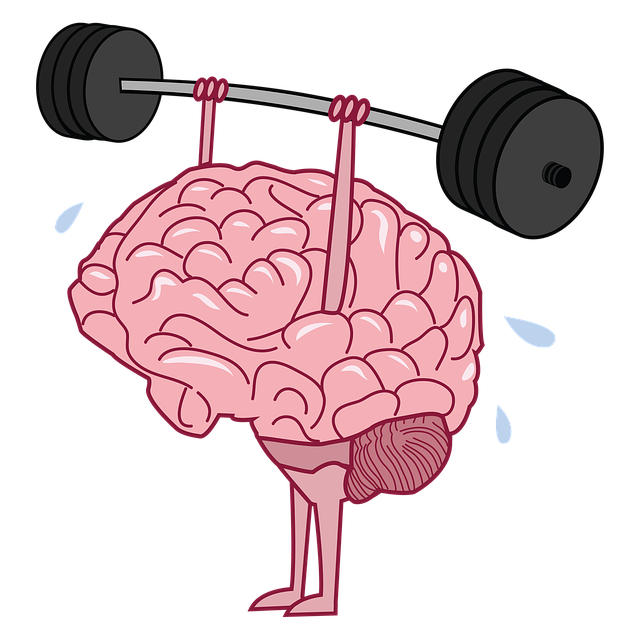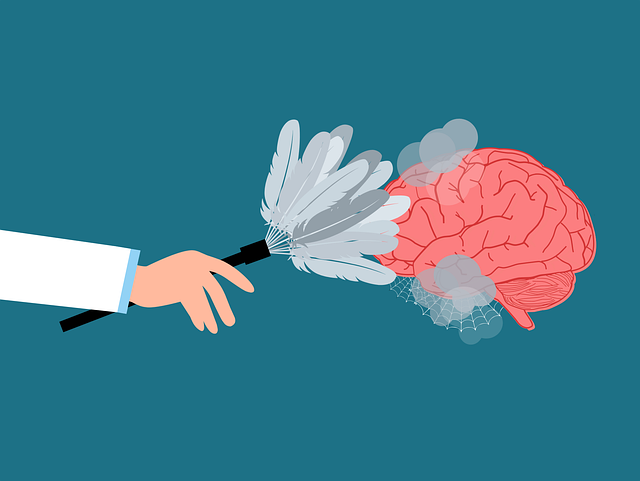Substance abuse is a complex issue with severe physical, mental, social, and financial consequences. Northglenn Self-Esteem Therapy emphasizes understanding the risks and addressing underlying causes like stress, anxiety, or low self-esteem. They offer a holistic approach, combining traditional counseling with trauma support to heal emotional wounds and build resilience. By tailoring treatment plans, promoting personal growth, and teaching effective coping strategies, Northglenn Self-Esteem Therapy empowers individuals to make healthier choices, avoid relapse, and achieve long-term recovery.
Substance abuse poses significant risks, impacting physical and mental health, relationships, and overall well-being. Understanding these dangers is the first step towards recovery. This article explores comprehensive risk reduction strategies, highlighting the transformative power of Northglenn Self-Esteem Therapy—a holistic approach focusing on building self-worth and resilience. We delve into effective techniques to navigate challenges, fostering long-term recovery and a healthier lifestyle. By implementing these strategies, individuals can take control, embrace sobriety, and reclaim their lives.
- Understanding Substance Abuse and Its Risks
- Northglenn Self-Esteem Therapy: A Holistic Approach
- Strategies for Effective Risk Reduction
- Building Resilience and Long-Term Recovery
Understanding Substance Abuse and Its Risks

Substance abuse is a complex issue that goes beyond occasional alcohol consumption or recreational drug use. It refers to problematic patterns of behavior where individuals continue to engage in substance use despite negative consequences on their health, relationships, and overall well-being. This can range from excessive drinking to illicit drug use, impacting both the user’s physical and mental health. Northglenn Self-Esteem Therapy emphasizes that understanding these risks is the first step towards recovery.
The dangers of substance abuse extend far beyond individual health issues; they can lead to social problems, legal troubles, and financial strain. Burnout prevention and stress reduction methods are often key components in addressing underlying causes, as many individuals turn to substances as coping mechanisms for stress, anxiety, or low self-esteem. Mental Health Policy Analysis and Advocacy play a crucial role in recognizing these risks and implementing strategies to reduce them on both individual and societal levels.
Northglenn Self-Esteem Therapy: A Holistic Approach

Northglenn Self-Esteem Therapy offers a holistic approach to substance abuse recovery by addressing the root causes of addiction, which often stem from low self-esteem and underlying trauma. This therapy provides a safe space for individuals to explore and heal their emotional wounds, fostering inner strength development. By combining traditional counseling techniques with trauma support services, this program empowers clients to take control of their mental health and well-being.
The Northglenn Self-Esteem Therapy approach goes beyond symptom management by focusing on personal growth and self-acceptance. Trained mental health professionals conduct risk assessments to tailor treatment plans, ensuring each client receives the individualized attention they need. Through this comprehensive method, individuals can build resilience, enhance coping mechanisms, and develop a positive sense of self, all of which are crucial elements in maintaining long-term recovery.
Strategies for Effective Risk Reduction

Effective risk reduction for substance abuse involves a multi-faceted approach tailored to address the root causes and underlying conditions. Northglenn Self-Esteem Therapy emphasizes the power of individual empowerment through personalized strategies. By focusing on building resilience, managing moods, and coping with stress, individuals gain the tools to make healthier choices and avoid triggers that could lead to relapse.
One key strategy is cultivating strong self-esteem, which serves as a buffer against external pressures and internalized negative beliefs. This involves exploring and challenging self-limiting thoughts, developing positive affirmations, and engaging in activities that foster a sense of accomplishment and personal value. Additionally, learning stress management techniques, such as mindfulness and relaxation exercises, enables individuals to effectively navigate challenging situations without resorting to substance use as a coping mechanism.
Building Resilience and Long-Term Recovery

Building resilience is a key component in achieving long-term recovery from substance abuse. This involves developing strong coping mechanisms to deal with triggers and stressful situations, which can be facilitated through various therapeutic approaches like Northglenn Self-Esteem Therapy. By focusing on enhancing self-esteem and personal empowerment, individuals gain the confidence to resist cravings and avoid relapse.
Additionally, participating in communication strategies and stress management workshops can equip individuals with essential tools for navigating challenging interactions and reducing anxiety levels. These initiatives, coupled with Healthcare Provider Cultural Competency Training, ensure that recovery support aligns with cultural sensitivity, fostering a safe and inclusive environment. Such holistic approaches contribute to an individual’s overall well-being and increase their chances of sustained abstinence.
In addressing substance abuse, a comprehensive strategy is essential. By understanding the risks and adopting holistic approaches like Northglenn Self-Esteem Therapy, individuals can significantly reduce these dangers. Effective risk reduction strategies, combined with building resilience, offer a path to long-term recovery and improved well-being. These methods empower people to take control of their lives and overcome substance abuse’s challenges.













